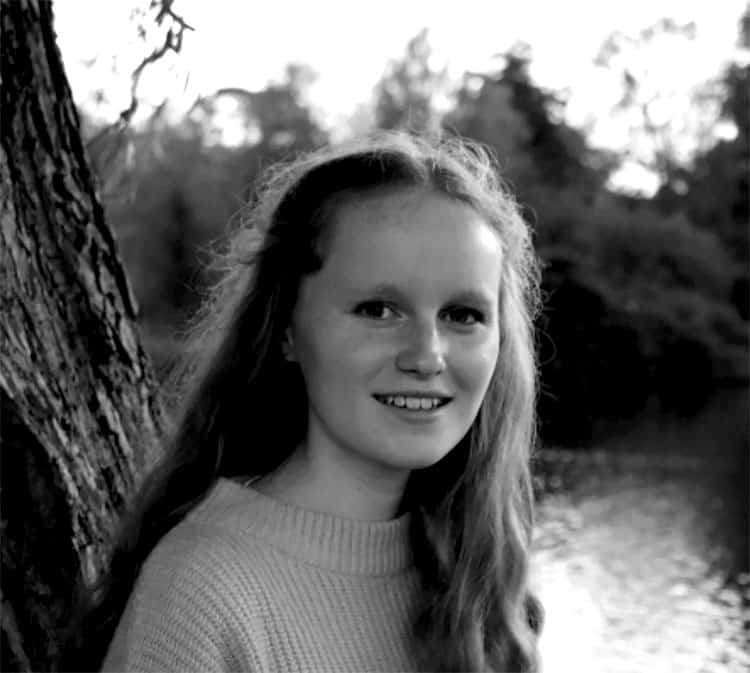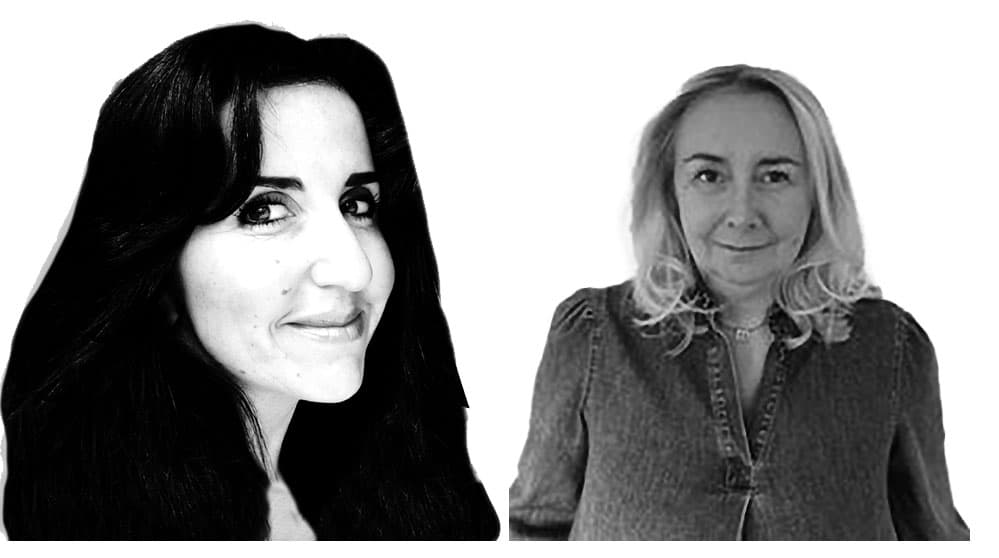More needs to be done to ensure all children enjoy good mental health.
Councils have a vital role to play in supporting children to have mentally healthy childhoods, and the LGA has long called for greater investment in the services that help them do this.
Supporting children early on means more can receive help when they need it, rather than waiting until they are unwell, and it reduces pressure on services.
Evidence from the Children’s Commissioner for England’s ‘Big Ask’ survey shows how important mental health is to children and young people. Among nine to 17-year-olds, just more than half (52 per cent) said that having good mental health was one of their most important future aspirations.
The theme of this year’s Children’s Mental Health Week (7-13 February) is ‘growing together’, encouraging children (and adults) to consider how they have grown, and how they can help others to grow.
Public services, professionals and the community need to grow alongside young people to ensure they can thrive and get access to the right support when they need it.
For example, in my own council of Hackney, as part of Hackney Black History Season, we ran a project with an artist displaying portraits of black boys smiling on billboards, which aimed to challenge the negative portrayal of young black boys through positive representation.
The project also addressed the lack of mental health provision available for young black people. It is vital we continue this conversation around mental health and wellbeing for young black boys in Hackney and around the country, and offer new ways for them to express themselves, to explore a sense of identity and manage their own happiness.
Continued from previous page. Reflecting Children’s Mental Health Week’s ‘growing together’ theme, we know the value in councils supporting each other – as we found during the LGA’s children and young people’s mental health peer-learning programme.
This showcased great examples of young people supporting each other – for instance, the work of the Birmingham Education Partnership and its NewStart project, which supports secondary schools to embed a whole-school approach to children’s mental health.
The LGA has called on the Government to invest in children’s health and wellbeing services.
“It is undeniable how important the early years are to ensuring good emotional wellbeing over our lives”
There has been positive progress with the faster rollout of mental health support teams in schools, and funding for parent and infant mental health services in last year’s Spending Review. However, we need to go further to ensure that children and young people, and their families, can thrive.
At the other end of the age range, it is undeniable how important the early years are to ensuring good emotional wellbeing over our lives.
Research shows a strong connection between exposure to stress in pregnancy, and in a child’s early years, and their later mental health. This is not to say a child’s future is determined at such an early age, but the opportunity that we have to act early cannot be ignored.
I am delighted that colleagues from Sefton have shared the work they are doing to give children the best start in life (see below).
60 seconds on… young people’s mental health

Ella Reilly, 18, is a Deputy Member of the Youth Parliament from Portsmouth. She leads on Portsmouth’s Youth Parliament team’s mental health and wellbeing work, with a background in mental health co-production projects in the city.
Q What can policy-makers do to better support young people’s mental health?
A Work alongside education settings more. Young people spend a large amount of their time at school or college, and the academic workload can be a contributing factor to students struggling with their mental wellbeing. By supporting schools and colleges to help young people, students would be more likely to receive help before their struggles escalate.
Q Is there anything that has improved your mental health for the better?
A Learning to set aside time for myself has helped me maintain more positive mental wellbeing. I’ve often tried to have productive downtime, and it doesn’t really work for me. It’s something I found tough while studying, and I’m slowly learning that I find it much more effective to have designated work and rest time. I try to find little hobbies and tasks that I can fit around my workload to give me a little boost during the week.
Q How has the pandemic affected the mental health of young people?
A Unequally. Different education settings have supported students differently. The inequalities of access to technology have been highlighted, and individuals already struggling with their mental health have been faced with new challenges.
The main contributing factors have been adjusting to learning away from the classroom and experiencing a large amount of uncertainty around exams. I expected to sit my A Levels in 2021, but with the constant changing of advice and varying assessment approaches between subjects and colleges, it was certainly not a stress-free year, even by typical exam standards.
Q What’s one lesson that you’d like to be able to tell your younger self?
A Learning to say ‘no’ is super-important! I am guilty of agreeing to help with things or getting involved in projects because they’re things I’m passionate about, and then realising I’m going to have to sacrifice some of my much-valued downtime to commit to them. I’d like to share this with other young people who like to say ‘yes’ to everything just because they think they should. It is OK to say no, and very much OK to take time to re-evaluate your workload.
Q What would you like to say to people who shape policy around youth mental health services?
A Co-production is the only way to create a system that works for everyone. I’ve seen that current service users will also be more than happy to offer open, honest feedback, and this is often the best way to get started in the change-making process. Empower young people and improve services at the same time!
Leave the jargon at the door. Help young people to feel actively involved in the services they use. Service users have previously mentioned that the methods for gaining help are already complex, and often don’t seem very user-friendly. Combining this with a minefield of clinical terms makes it hard for young people to understand. Human approaches are crucial.
Building bonds and breaking cycles

Dr Lisa Marsland-Hall (l) is Consultant Clinical Psychologist and BABS Service Lead, and Majella Maguire is Locality Manager – Early Help at Sefton Council
Sefton Council and Mersey Care NHS Foundation Trust have developed a parent-infant mental health service – but why did we need to take action?
Sefton is one of the most deprived councils in the UK, and around 20 per cent of new parents suffer with mental health issues.
We were seeing a rise in demands on services, with increases in the number of looked-after children, and the number of babies removed at birth doubling in the past 10 years.
There is a wealth of evidence that shows serious, persistent difficulties in early relationships – if not addressed – can have effects on babies’ brain development and lifelong physical and mental health.
We had seen groundbreaking specialist therapeutic work happening in Knowsley, and the life-changing impact and outcomes that this had on vulnerable and at-risk parents and infants. This has happened by offering ‘easy to engage’, community-based, parent-infant therapeutic interventions and support, to help struggling parents bond and form secure, loving relationships with their babies during pregnancy and in the post-natal period. So, what are we doing?
In 2018, the ‘early help’ structure in Sefton had changed, and we knew we needed one of the rare jewels that is a specialist parent-infant mental health service (PIMHS).
In 2020, we were able to set up a 12-month pilot for a Sefton ‘BABS’ (Building Attachment and Bonds Service), to go live in January 2022.
We established a mobilisation steering group and started the development of the PIMH workforce – ensuring all multidisciplinary staff received specialist PIMH training and setting the parameters for the pilot.
From January 2022, Sefton BABS will be delivered ‘grassroots up’ in the community from family hubs. It will provide support to families that are vulnerable or at risk.
Our ambition is that it will prevent infants being taken into care, improve parents’ and infants’ mental health, and ensure positive results for the lives of families, while providing some cost efficiency.
BABS will be a trailblazing ‘integrated care system’ (ICS) model for this 12-month pilot for a therapeutic PIMHS, funded by the council.
It is offering a PIMH partnership model of support (health, mental health, early help, children’s social care, third sector), supporting vulnerable and at-risk parents and infants to build secure bonds and relationships, and break negative life-cycles in those first, critical, 1,001 days.
During the pilot, we will collect data that will assess the adverse childhood experiences of parents, parental mental health, parent-infant bonding and attachment, and the infants’ social and emotional development/wellbeing.
In addition, we will be collecting feedback from parents on their experience of the service. We will also be carrying out cost-benefit analyses.
At the end of the pilot, we would like to prove the BABS concept of the specialist PIMHS model by showcasing it to our Sefton ICS commissioners.
This will include the clinical outcomes, impact and cost savings offered to Sefton families by the delivery of the BABS service, and how PIMHS is an integral and essential offer.